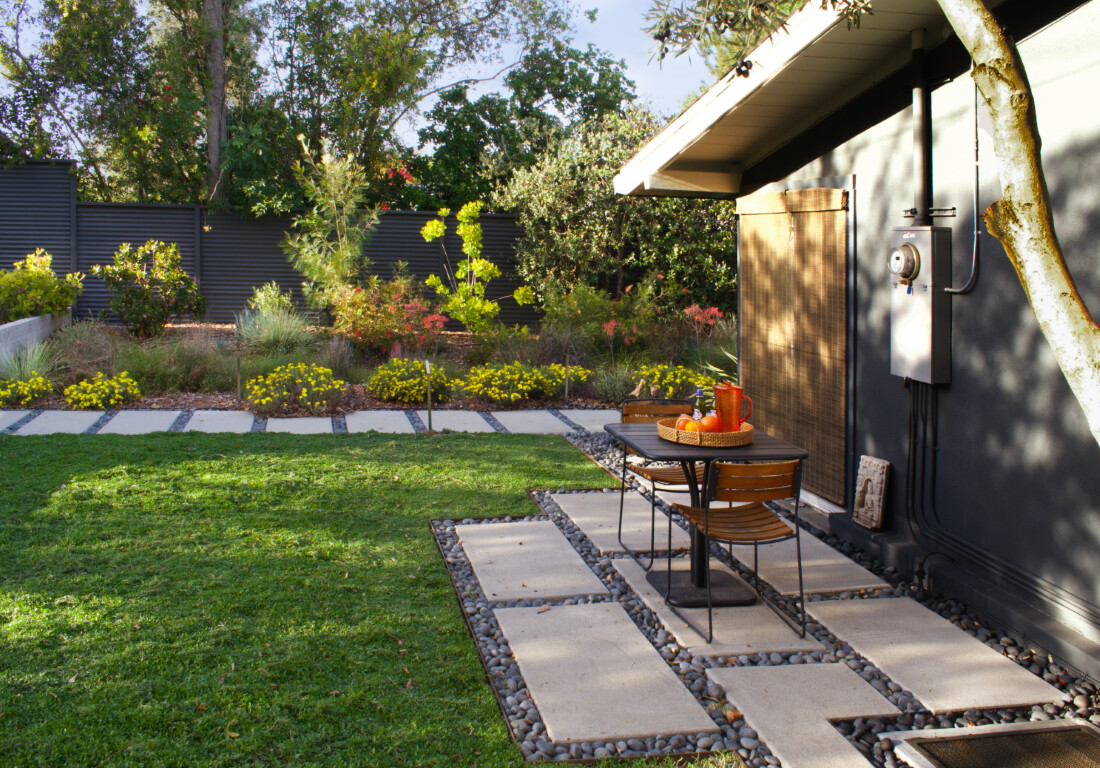Retaining Walls & Concrete Masonry
Structural support and erosion control that enhances your property.

Why Retaining Walls Matter
Retaining walls serve both functional and aesthetic purposes. They hold back soil on sloped properties, prevent erosion, create usable flat spaces, and add visual structure to your landscaping. Without proper retaining walls, slopes can wash out during heavy rain, causing damage to your property, driveway, or foundation.
In Mableton, GA, we see properties with varying terrain and drainage challenges. A well-designed retaining wall manages water runoff, stabilizes slopes, and protects your investment. Whether you need a small garden wall or a large structural retaining system, the key is proper engineering, drainage, and construction.
Concrete and masonry are the most durable materials for retaining walls. They handle the lateral pressure of soil, resist water damage, and last for decades with minimal maintenance. When installed correctly, a concrete retaining wall provides long-term stability and curb appeal.
Types of Retaining Walls and Masonry Work
There are several types of retaining walls and masonry structures, each suited to different applications and site conditions. Here are the most common types we build:
Common Retaining Wall Types
- Poured concrete retaining walls
- Concrete block (CMU) retaining walls
- Segmental retaining walls (interlocking blocks)
- Natural stone masonry walls
- Brick garden walls and borders
- Concrete seat walls and planters
Poured concrete walls are the strongest option for tall walls or heavy loads. Block walls are cost-effective and versatile, with options for decorative finishes. Segmental walls use interlocking blocks that are easy to install and work well for curved designs. Natural stone and brick walls add a classic, upscale look to your landscaping.
Proper Design and Drainage
The most common reason retaining walls fail is poor drainage. Water builds up behind the wall, creating pressure that pushes the wall forward and causes cracking, bowing, or collapse. To prevent this, we design every retaining wall with proper drainage systems, including gravel backfill, perforated drain pipes, and weep holes.
We also consider the height of the wall, the type of soil, and the slope angle when designing the wall. Taller walls require deeper footings, more reinforcement, and sometimes engineered plans. Walls over 4 feet high typically need a structural engineer's approval and a building permit.
The base of the wall is just as important as the wall itself. We excavate to solid soil, compact the base, and pour a concrete footing if needed. For segmental walls, we install a leveling pad of gravel and sand to ensure the first course is stable and level. This foundation work is what keeps your wall standing for decades.
Combining Function with Style
Retaining walls do not have to be plain and utilitarian. We can incorporate decorative finishes, stacked stone, or colored block to match your home and landscaping. Seat walls, planters, and built-in lighting can turn a functional retaining wall into a design feature.
If you are adding a retaining wall as part of a larger project, we coordinate with other trades to integrate patios, walkways, and landscaping. A well-designed retaining wall system can transform a sloped, unusable yard into multiple level terraces with flat areas for entertaining, gardening, or recreation.
Whether you need erosion control, a tiered garden, or a structural wall to support a driveway or patio, we design and build retaining walls that combine strength, durability, and visual appeal. We work with your property's natural contours to create a solution that enhances both function and beauty.
Need a Retaining Wall or Masonry Work?
Call us for a consultation and free estimate on your retaining wall project.
(770) 796-0090